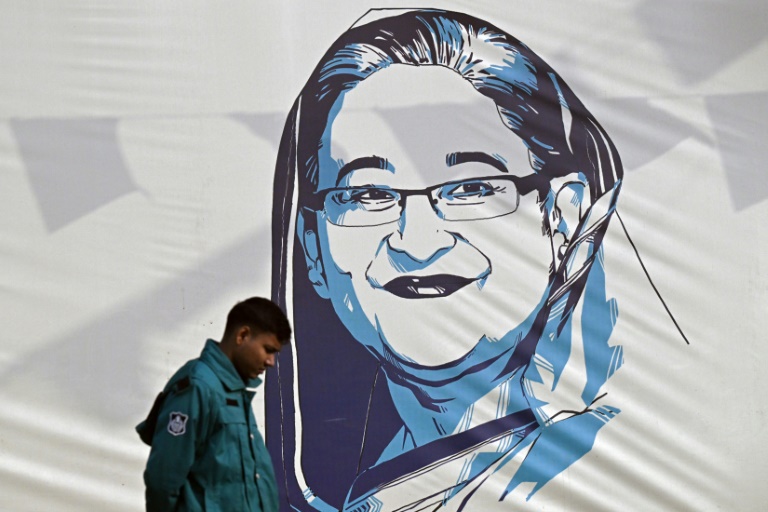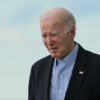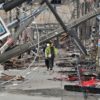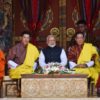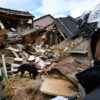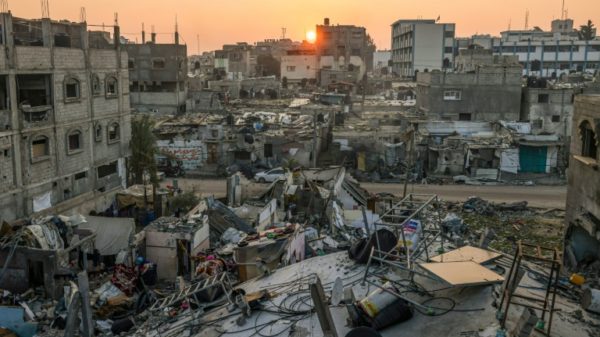Bangladesh’s Prime Minister Sheikh Hasina has won a fifth term in power with her party taking three-quarters of seats in parliament, election officials said Monday after polls boycotted by the opposition as a “sham”.
Hasina has presided over breakneck economic growth in a country once beset by grinding poverty, but her government has been accused of rampant human rights abuses and a ruthless crackdown on dissent.
“The Awami League has won the election,” Moniruzzaman Talukder, joint secretary of the Election Commission, said a day after a vote that initial reports suggested drew a meagre turnout of around 40 percent.
Talukder said Hasina’s party had won 223 seats. But the support of other lawmakers, including from allied parties, means her actual control over the 300-seat parliament is even higher, analysts said.
“This is a one-party parliament,” Ali Riaz of Illinois State University told AFP, adding that “only the allies of the Awami League had the opportunity to participate”.
– ‘No credible’ opposition –
The Jatiya Party, which won 11 seats, is a long-time ally of Hasina’s Awami League, as are many of the 61 independent candidates, said Mubashar Hasan, a political scientist at the University of Oslo.
“This election has legitimised one-party rule in the country with no credible and effective opposition in the parliament,” Hasan told AFP.
“Almost all the independent candidates who won the parliamentary seats are also part of the Awami League.”
Among the victors was Bangladesh cricket team captain Shakib Al Hasan, who won a seat for the ruling party.
Opposition activists staged a protest Monday in Dhaka, wearing black gags over their mouths to condemn the election.
Hasina’s party faced almost no effective rivals in the seats it contested, but it avoided fielding candidates in a few constituencies, in an apparent effort to avoid the legislature being branded a one-party institution.
The opposition Bangladesh Nationalist Party (BNP), which has seen its ranks diminished by mass arrests, called a general strike and, along with dozens of others, refused to participate in what they dubbed a “sham election”.
Hasina, 76, called for citizens to show faith in the democratic process and branded the BNP “a terrorist organisation” after she voted on Sunday.
– ‘Absolute victory’ –
BNP head Tarique Rahman, speaking from Britain where he lives in exile, called the result “a disgrace to the democratic aspirations of Bangladesh”, in a social media post, alleging he had seen “disturbing pictures and videos” backing his claims.
Meenakshi Ganguly, from Human Rights Watch, said Sunday that the government had failed to reassure opposition supporters that the polls would be fair, warning that “many fear a further crackdown”.
Envoys from China, Russia and neighbouring India were among the first to congratulate Hasina, visiting her at home on Monday and praising her “absolute victory”, her office said in a statement.
Beijing’s ambassador Yao Wen praised a “long-established friendship” with Dhaka in a statement, underlining the deepening ties during Hasina’s 15-year-long rule.
Politics in the country of 170 million people has long been dominated by the rivalry between Hasina, the daughter of the country’s founding leader, and two-time premier Khaleda Zia, wife of a former military ruler.
Hasina has been the decisive victor since returning to power in a 2009 landslide, with two subsequent polls accompanied by widespread irregularities and accusations of rigging.
Zia, 78, was convicted of graft in 2018 and is now in ailing health at a hospital in Dhaka. BNP head Rahman is her son.

